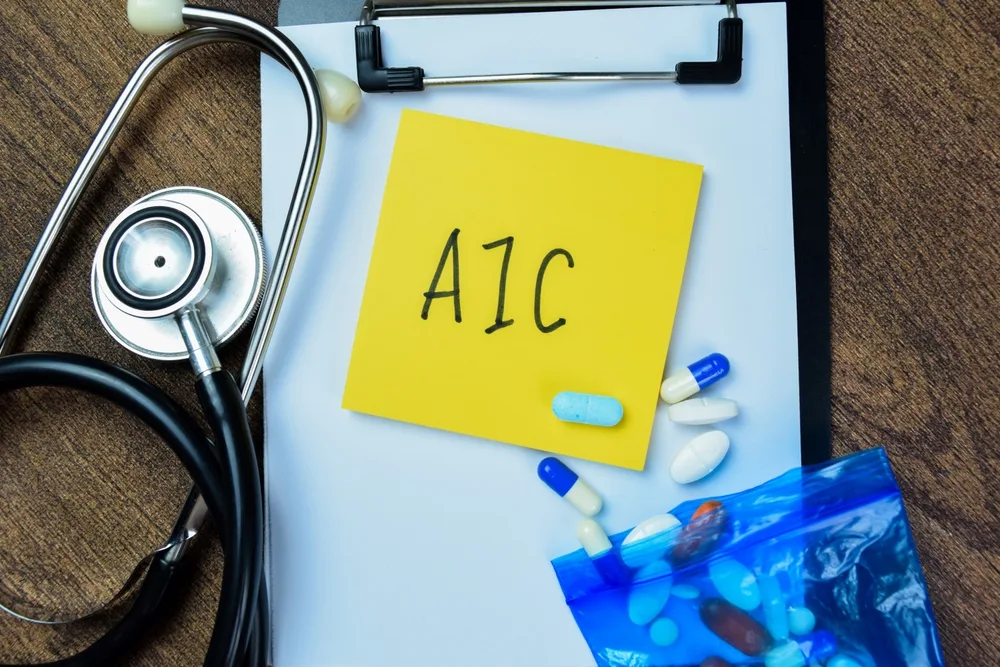
The brain starts to experience age-related changes at around the late 20s. Some of the biggest changes that occur are a loss of brain mass, particularly loss of volume in the hippocampus and frontal lobe, which are areas related to cognitive functions and memory. The cortex becomes thinner and nerve connections decline. By the late 30s, the number of neurons starts to decrease, and the white matter that carries nerve signals through the brain starts to degrade. Some of the cognitive changes that you will notice as your age are:
- Reduced processing speed. This refers to how fast the brain can process information and manage it.
- Struggling to focus on something specific and handle different tasks at the same time.
- It becomes harder to adapt to new situations, solve new problems and make complex decisions.
- Problems with episodic and short-term memory, as well as forgetting things you were supposed to do.
These changes are a normal part of the aging process. However, you can slow it down and have the mental skills of someone younger when you are well into your senior years. Take a look at the following list of how to keep your brain healthy as you age.
Sleep Well
You may have heard that you should sleep eight hours a day to feel more energy and be more productive. However, you probably have not heard a lot about how sleeping also affects your cognition and brain health.
Sleep deprivation affects thinking skills. Sleep deprivation makes it harder to focus and slows your reaction time. When you sleep, the connection between the brain cells becomes stronger and memories are reactivated. Not having good quality sleep will affect your memory. Just having one night of sleep deprivation is enough to make your cells age faster.
Sleep disruption can increase your risk of suffering from neurodegenerative diseases such as Parkison disease or Alzheimer’s disease. Sleep has an important role in memory consolidation and clearing out metabolic waste from the brain. Elderly people tend to suffer more from sleep disruption than younger people do, and this contributes to brain aging and cognitive impairment. Make sure to sleep at least eight hours each day to improve the memory and have a healthier brain.
Don’t Abuse Tobacco and Alcohol
An occasional glass of wine does no harm, but your brain can suffer when you are abusing unhealthy habits like drinking alcohol and smoking. When you drink a lot of alcohol and smoke, your brain suffers a faster cognitive decline and you are more likely to have a brain aged beyond your actual age. Making some lifestyle changes is one of the best ways to improve your memory and other cognitive functions.
Play Puzzle Games
Keeping your brain healthy doesn’t have to be boring. Instead, you can enjoy the process while doing puzzle games. Brain games for seniors do not directly slow down aging, but they improve your brain function and protect against some cognitive decline. People who play memory games for seniors and puzzle games like sudoku have a brain function equivalent to someone 10 years younger than their actual age.
Playing crossword puzzles is like exercising the brain: Your mind becomes sharper and your brain works better for a long time. You can find hundreds of free games for seniors online.
Protect Your Head
Frequent head injuries are related to an increase in cognitive decline and impairment. Some people notice persistent symptoms even after one year of having the injury. These long-term effects have a strong relationship with cognitive impairment. The effects include problems processing speed, memory, planning, organizing, solving new problems, putting attention toward something specific and learning new things. Always use a helmet when you are doing a risky activity, and protect your head to avoid injuries.
Get Physical Exercise
Working out is not only beneficial for losing weight or building muscle. It can also protect your brain. You don’t have to run a marathon to notice benefits: Activities like walking, dancing and cycling are enough to improve your brain’s function. Just a single session of exercise is enough to start showing positive effects on your cognitive function and better memory.
Exercising increases the connection between the medial temporal, the parietal cortex and the prefrontal cortex. These areas of the brain are in charge of cognitive function and memory. Even if you do just 30 minutes of exercise three days a week, it is a start to help your brain age better.
Have a Healthy Diet
Having a healthy diet will support your brain and also prevent or treat conditions that can lead to brain tissue damage such as abnormally high levels of cholesterol and high blood pressure. Aging, oxidative stress and inflammation are factors that have an important role in brain tissue damage. You can eat nutrients like vitamins and minerals that will keep your brain tissue healthy for the longest time.
When it comes to the best brain food, you should have around 90 percent of your diet based purely on whole plant foods. Make sure your diet contains a high amount of natural foods and is rich in vegetables, legumes and seeds.
Avoid excessive salt and sugar. Both ingredients can increase your risk of suffering high blood pressure, and high sugar levels are associated with an increase in brain shrinkage.
Make sure you frequently eat foods that are rich in omega-3 fatty acids, such as fish, nuts and seeds. This nutrient improves memory and cognitive function. Include in your diet foods that are rich in antioxidants, like berries, blueberries, kale, dark chocolate, artichoke and red cabbage. These are great sources of antioxidants and help to prevent oxidative stress and keep your brain healthy. You can also take supplements like vitamin B12 and omega-3 fatty acids.
Final Thoughts
Your brain changes as you age. This is a normal process, and while you can’t reverse it, you may be able to slow it down by following the tips mentioned above. When you take care of your brain, you will notice benefits beyond it and become a healthier person.
By Admin –



